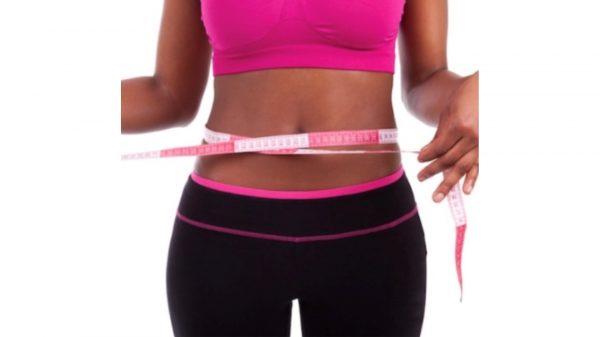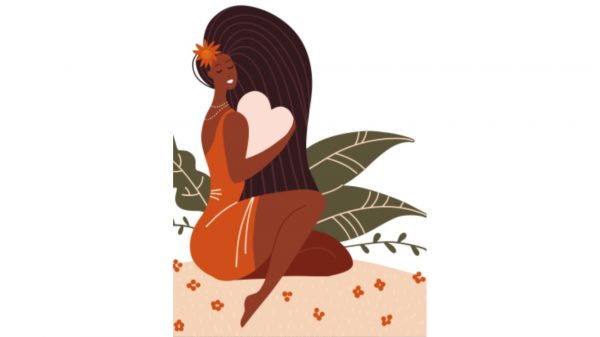Pride has teamed up with the British Heart Foundation once again to raise awareness about heart health amongst women.
In the United Kingdom, approximately 100,000 people suffer a stroke every year. As a single cause of death, strokes are the second biggest killer in the UK. Your brain needs a constant supply of blood to work properly. A stroke happens when the blood supply to part of your brain is cut off and your brain cells are damaged or die. This can then affect the way your body and mind work.
Although strokes more frequently affect the elderly, that’s not to say that younger people are not at risk too. While the majority of those affected are older, strokes can still affect those under the age of 65, as well as children and babies. In the UK, there’s also a higher risk of strokes among members of the black community. In comparison to white people, blacks are up to twice as likely to suffer a stroke and, in addition, it’s more likely to occur at a younger age.
WHAT CAUSES A STROKE?
A risk factor is anything that increases your likelihood of getting a disease. There are several factors that can affect your risk of a stroke:
• Age (the older you are, the higher the risk)
• Having a family history of heart and circulatory disease
• Ethnicity
• Smoking
• High blood pressure
• High cholesterol
• Having diabetes
• Lack of exercise
• Obesity
HOW CAN I TELL IF SOMEONE IS HAVING A STROKE?
If you suspect someone is having a stroke, use the F.A.S.T. test to recognise the symptoms.
FACIAL weakness: Can the person smile? Has their mouth or eye dropped?
ARM weakness: Can they raise both arms?
SPEECH problems: Can the person speak clearly? Can they understand what you are saying to them?
TIME to call 999
If you see any of these symptoms in anyone, don’t ignore them. Act fast and call 999 for help immediately, as it really can make a world of difference. Early diagnosis and treatment can help reduce brain damage and increases the possibility of a full recovery.
HOW TO REDUCE THE RISK OF A STROKE
Implementing any of the following tips can help reduce your risk of stroke and also improve your heart health. By controlling your blood pressure, you also decrease your risk of stroke.
Quit smoking
Smokers are twice as likely as non-smokers to have a stroke. Not only does smoking damage the artery walls, causing them to become furred up and narrowed, it also makes your blood more likely to clot, thus increasing your risk of a stroke.
Maintain a healthy weight
It’s pretty simple: if you eat more calories than you burn off, you’ll gain weight. Keeping to a healthy weight and body shape not only helps you guard against conditions which are prevalent in the black community (such as diabetes and high blood pressure) but also reduces your risk of a stroke. It’s vital to be aware of your body shape and the easiest way of doing that is to measure your waist (the midpoint between the bottom of your ribs and top of your hips). For a woman, anything above 80cm/31.5 inches is a health risk.
Drink alcohol in moderation
Drinking more than the recommended units of alcohol can significantly raise blood pressure, which can increase your risk of a stroke.
Take up exercise
Being physically active doesn’t have to be a chore. Simple changes such as going for a brisk walk, leaving the car at home, or using the stairs can make a difference. It is recommended that you do at least 150 minutes of exercise a week, so a good way of hitting that target is to aim for 30 minutes of exercise per day, at least five times in a week. The most important thing is to just do something. Whether it’s walking, swimming or cycling, find an activity that works for you.
Eat a balanced diet
Eating a healthy, balanced diet, including lots of fruit and vegetables, is a great way to reduce your risk of stroke. Eating healthily doesn’t have to mean depriving yourself of all the foods you love; by making just a few simple tweaks you can still enjoy the main staples of your traditional African-Caribbean diet.
Try and avoid foods with a high fat or salt content. People who have a lot of salt in their diet are more likely to have high blood pressure. The recommended daily allowance is no more than 6g of salt. Be careful of eating processed foods too. Foods like canned soup, sauces, cheese, ready meals, savoury biscuits and fast food tend to be high in salt. It’s not just the amount of fat you eat that counts, but the type of fat, too. Try and avoid things like butter, ghee or palm oil. Monounsaturated fats found in olive oil, rapeseed oil, avocado and nuts, as well as polyunsaturated fats like soya, sunflower oil and oily fish, are healthy fats, which actually provide protection to the heart. However, you should also remember that all fats are high in calories, so if you’re watching your weight, limit the amount of all fats you eat.
Heart Helpline 0300 330 3311
BHF.org.uk/african caribbean
































































